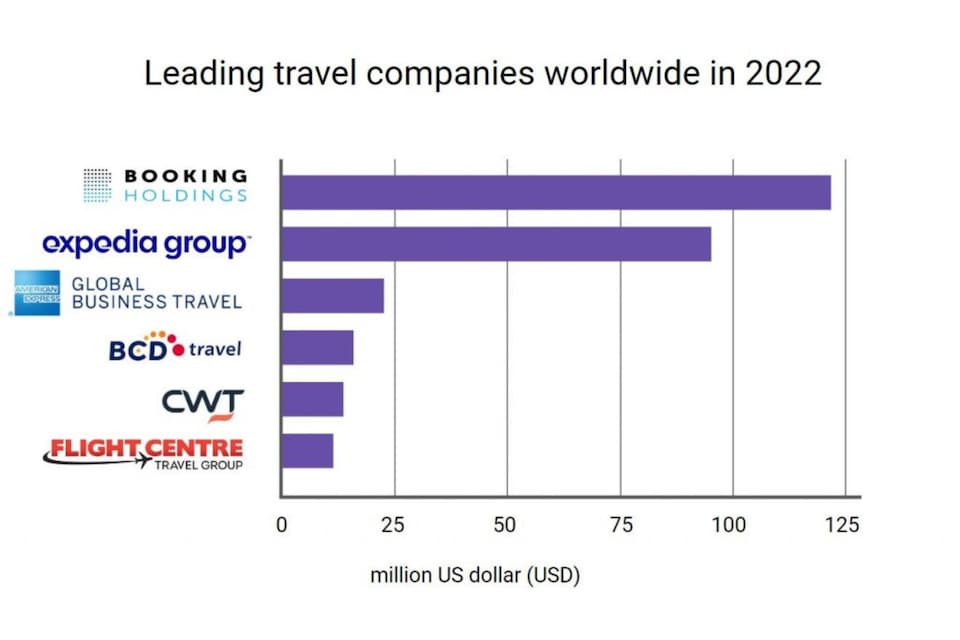The travel industry has increased its commitment to technology with the proliferation of startups, and they’re forcing traditional businesses in the industry to fly with them. TravelTech improves not only operational efficiency, but also customer and supply chain management, and it optimizes prices and personalizes the experience.
The tourism sector and technology have been partners for decades. The 1970s probably seem so long ago, when airlines began using computers to better manage their reservations. In the 1980s, IT systems connected service providers with travel agencies so that they could have access to availability and rate information in real time. With the arrival of the Internet in the 1990s, changes accelerated, and users started to take charge and began checking prices and making reservations on their own. And in the 21st century, mobile technology, virtual reality, blockchain technology, and artificial Intelligence (AI) have caused a spectacular technological leap in the tourism industry.
Then the pandemic arrived, and traveltech – the digitization of all processes and value chains in the tourism sectors – became a path of no return for companies related to the travel, hotel and restaurant industries.
According to the World Tourism Organization, the recovery of tourism has been more robust than expected after the health emergency. In its forecasts for 2023, the UNWTO assures that arrivals of international tourists this year “could end up being between 80% and 95% of pre-pandemic levels”. And there is progress in all regions.
New models
Technologies are changing the sector completely. They are bringing new opportunities to customers and creating new business models. These are its technologies, challenges, and some of the emerging companies.
Traveltech has to be understood as an entire industry, with dozens of technologies and a huge quantity of specific tools involved, from Google Maps to immersive guides with virtual reality. Adopting technologies applied to the tourism industry has tangible benefits:
- More efficient management of the supply chain (resources and services)
- Optimization of prices through the dynamic adjustment of prices and the availability of services
- A more effective relationship with the customer, thereby facilitating retention and loyalty
- Greater visibility and increased audiences
- Personalization of experiences through recommendations adjusted to needs and tastes



